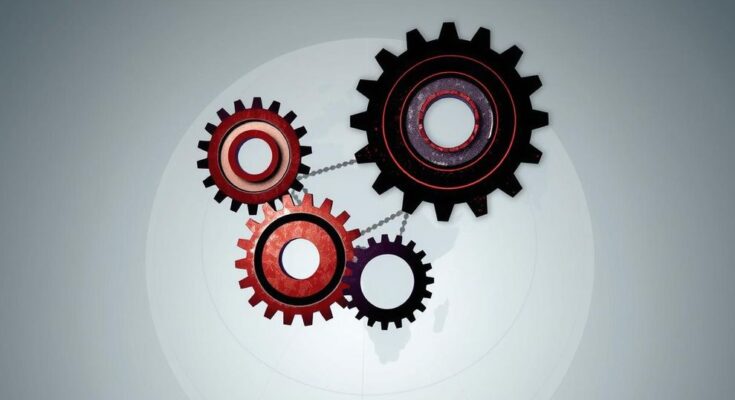European Commission President Ursula von der Leyen’s upcoming visit to India focuses on preventing the supply of restricted technologies to Russia. Discussions will include addressing high tariffs and negotiating a free trade agreement amid concerns over India’s role as a dual-use goods supplier to Russia. The geopolitical landscape, including U.S. trade policies, continues to impact India-EU relations.
European Commission President Ursula von der Leyen is set to visit India to address the issue of restricted technologies potentially being supplied to Russia in violation of sanctions. Kimmo Lähdevirta, Finland’s ambassador to India, emphasized that Indian companies must refrain from supplying electronic goods with military capabilities to Russia, thus maintaining their status as a responsible nation in global affairs amid the ongoing conflict in Ukraine.
During her visit, von der Leyen and EU officials will also engage in discussions regarding enhancing market access and the challenges posed by high tariffs on goods such as cars and wine. These negotiations are a part of the ongoing efforts to finalize a free trade agreement, which was previously stalled for nine years before resuming in 2022.
India has reportedly become the second-largest provider of dual-use goods to Russia, posing challenges to efforts aimed at restricting supplies to President Vladimir Putin’s military. Although China remains the largest supplier, India’s position has raised concerns, particularly since India has not condemned Russia’s actions in Ukraine but instead calls for dialogue.
In response to the sanctions, officials from both the EU and India have met to explore strategies to combat the flow of dual-use items to Russia. The Indian government asserts its compliance with United Nations sanctions while educating local companies about export controls. Indian diplomats maintain no violations have been reported thus far.
India’s trade relationship with Russia remains significant, as it represents a major source of weapons and crude oil for the country. However, the prospect of a fruitful trade agreement between India and the EU faces additional challenges due to policies enacted by U.S. President Donald Trump, including the potential for tariffs that could affect Indian exports.
In conclusion, the discussions between the EU and India are pivotal in addressing the flow of technology and goods to Russia in violation of existing sanctions. While high tariffs and geopolitical tensions complicate trade relations, both parties are committed to enhancing cooperation. Nevertheless, India’s strategic ties with Russia and the backdrop of U.S. tariff threats pose significant hurdles to a comprehensive trade agreement.
Original Source: www.business-standard.com




